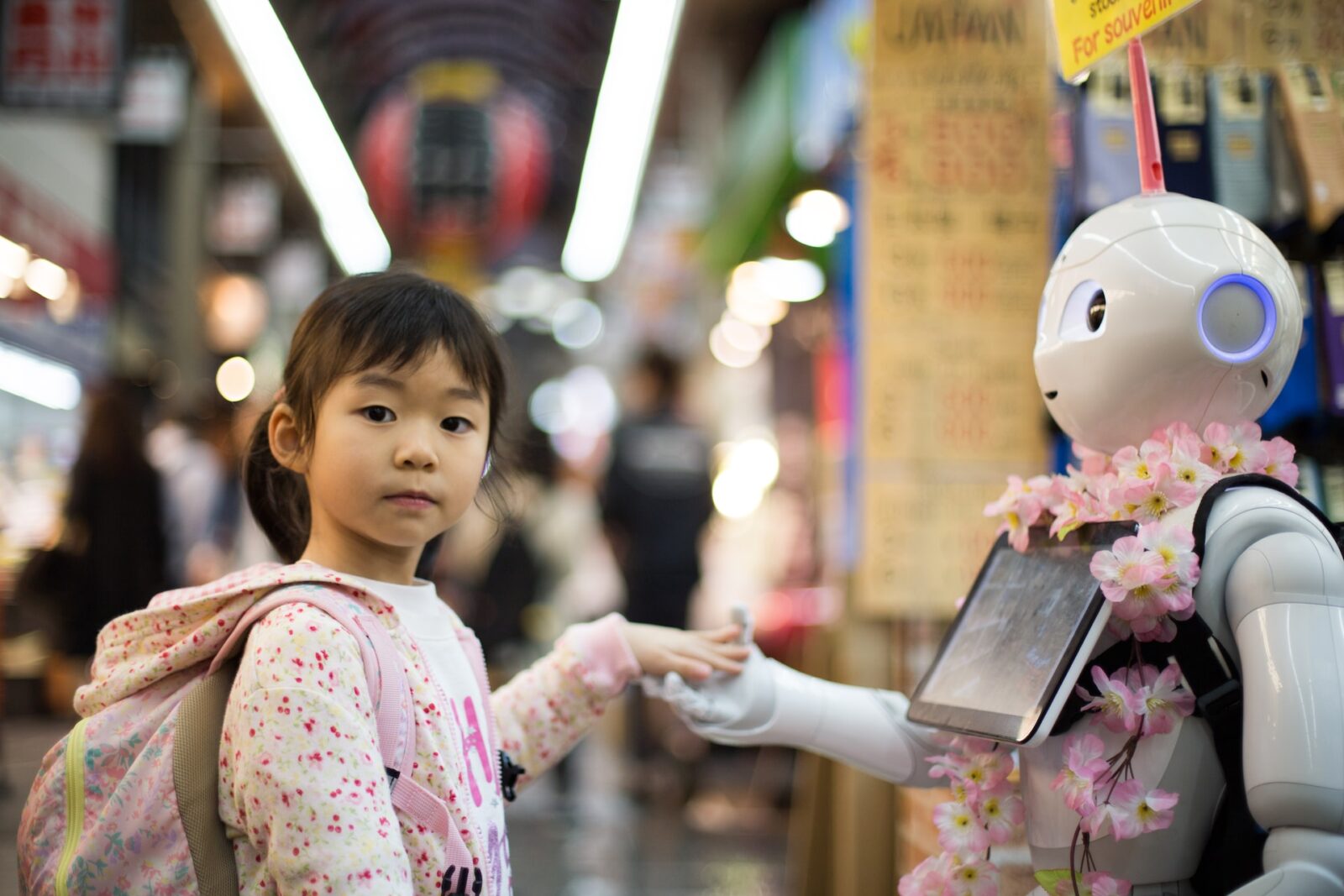Meet Gaurav, a man who started his online shopping journey five years ago because he couldn’t find a specific brand of headphones anywhere in his city. Today, he shops for everything online, finding it incredibly convenient. As he puts it, “Unlike your neighbourhood store, there’s no limit to what you can find online.”
Then there’s Varsha, who, until two years ago, only shopped online for groceries. Now, she spends a significant portion of her time exploring personalized products and shopping experiences online. She shares, “I used to buy shampoo off the supermarket shelf like everyone else. Now, I get shampoo formulated especially for my hair delivered to my doorstep. You can’t find that at the supermarket!”
What’s remarkable is that these online shoppers don’t reside in Tier-1 or Tier-2 metros. Gaurav lives in Nagpur, while Varsha’s shampoo reaches her home in Patna. The impact of online shopping on businesses’ reach is not a new revelation, but the speed at which this transformation occurred is astounding.
So, what’s the driving force behind this transformation? In two words: Artificial Intelligence (AI). What was once confined to science fiction or complex machine applications is now accessible to the general public and businesses, thanks to smartphones and the IoT revolution. We’re entering an ‘AI-first’ world, where companies integrate AI into nearly every facet of their operations. Consider marketing, for instance.
When Marketing Meets AI
The era of autonomous marketing began a while back and has been gaining momentum ever since. With increasing consumer touchpoints managed by automated systems, direct human intervention becomes unnecessary. Add the pandemic into the mix, and it becomes clear that retail consumers are moving online, with their online experience heavily influencing their purchase decisions.
In response, brands are reshaping their customer journeys to meet consumers where they are. Autonomous marketing enables brands to offer convenience, relevant messaging, and responsive customer service across various channels while making the digital experience feel personal.
This is just the beginning. Autonomous marketing is poised to revolutionize commerce as we know it. Once managed by people, tasks like ad purchasing, campaign optimization, and tracking customer journeys are now delegated to AI-driven bots. The process involves three key components: data collection and analysis, decision-making, and delivery mechanisms.
Personalized data triggers actions for retailers, decision engines segment and predict behaviours, and individualized delivery keeps consumers engaged within a retailer’s digital environment, much like an attractive store layout prevents shoppers from straying.
These capabilities evolve, with test-and-learn functionality integrated into everyday marketing planning. When retailers rely on data-driven decision-making for marketing and creative choices, it maximizes the efficient use of resources. It enables seamless testing of new channels, markets, and customer segments.
However, the most potent aspect of AI is hyper-personalization. Effective customer engagement involves delivering the right message at the right time through the right channel to the right person, especially when competing with numerous other brands. AI empowers brands to stand out by monitoring cross-enterprise data, such as purchase behaviour, browsing history, referrals, and customer interactions, to hyper-personalize communication.
AI brings the customer back to the centre, turning mass marketing into personalized conversations on an unprecedented scale. While it’s impossible to predict the future, we can be confident that AI will continue learning and evolving to tackle the challenges ahead.
I would love to hear from you on your thoughts on this blog pls write to me at https://www.linkedin.com/in/vijayverghis/
